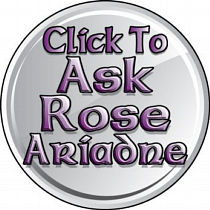African witchcraft is a nature based religion, where one or more Deities, nature spirits and ancestral spirits are worshipped. The witchdoctor, with his or her ability to commune with Deity, nature spirits and ancestral spirits, is traditionally held in awe – an awe which is an odd mixture of respect and fear.
Witchdoctors frequently make use of channeling, throwing bones, dream interpretation and trance. Trance is induced through drumming, dancing and chanting, thus either allowing an ancestral spirit to possess the witchdoctor’s body or allowing the witchdoctor to travel to the ancestral realm in search of support or advice. These practices are a common denominator of all shamanistic religions world wide.
How can African witchcraft be learnt?
In some societies, the title and abilities of witchdoctors may be generational, i.e. uncle to nephew, father to son, mother to daughter, and so forth. This is not always the case though. In many instances young women and men are identified by the witchdoctor/s as being in possession of those special attributes and gifts needed to become apprentices. The tradition is oral and the apprenticeship long, intensive and arduous. Once the training is completed, an initiation ritual takes place. After the initiation, the apprentice is considered a fully fedged witchdoctor.
Some say that parts of the practices can be learnt through reading and study. This is a contentious issue though and perhaps well removed from the reality of African witchcraft. That which is taught to the apprenticed witchdoctor is not recorded anywhere, except in their minds and in their hearts. Hence, the chances are really good that books claiming to offer authentic material may well turn out not to be that authentic after all.
In short, the only way to learn is by being apprenticed to a Witchdoctor. And that is not a simple affair. Only a handful of native Africans crack the nod. For a non-African to be accepted, would be nothing short of a miracle.
Please go here to get the full article…

